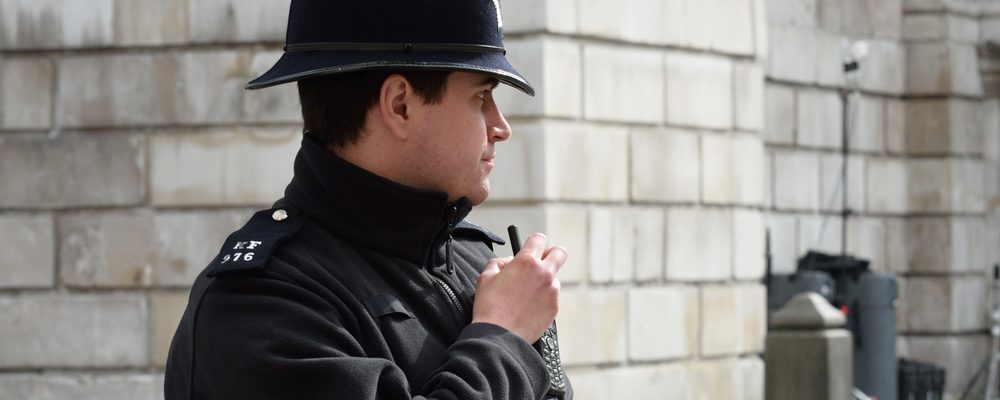UK police forces are not doing enough to stimulate the emergence of future leaders, says one of the sector’s most prominent, independent watchdogs.
In an 8 February report, Her Majesty’s Inspectorate of Constabulary and Fire & Rescue Services (HMICFRS) gave the majority of forces credit for establishing cultures that support and care for officers and staff, noting that this indicates “an environment that is increasingly more open to new ways of working”.
However, the organisation pointed out, “few police forces have adequate succession plans in place. Faced with increasingly complex crime and fast-changing demands, too many forces are taking a short-term and reactive approach to address future needs”.
Her Majesty’s inspector Matt Parr, who oversaw HMICFRS’s latest study of police forces, said: “In many cases, selection processes for future leaders are not perceived as fair by the workforce. Talent is not managed properly, and not all members of the workforce have fair access to development and progression.
“All of this needs to be underpinned by better performance management of the workforce at all levels. A deeper understanding of the skills and capabilities required for modern policing will enable forces to identify and develop the right leaders.”
In its report, the watchdog recommends three, general paths that forces should take to remedy those shortcomings:
- improve their use of performance management;
- build on their understanding of leadership skills and capabilities within their workforces, and
- continue to look for new skills externally.
Those are the broad strokes – but what about the nitty-gritty? Which key, strategic approaches will boost the effectiveness of succession planning not just in police forces, but organisations as a whole?
The Institute of Leadership & Management's head of research, policy and standards Kate Cooper says: “You will only build a strong talent pipeline if you invest in it. To support that investment, you need a culture in which it’s okay to make mistakes, and where learning is an absolutely central driver of the organisation’s activities.
“I’m not comfortable with the term ‘soft skills’, because whoever coined such a trivialised phrase did those particular skill areas a massive disservice. In my view, successful organisations don’t just excel because their people have been drilled to perform a series of rote, technical tasks. They do well because they have properly invested in the people- and communications-based sides of leadership and management.
Cooper explains: “It’s about paying attention to the relationships that staffers build with their co-workers, and examining how they work together. It’s about knowing how to praise employees and, where necessary, to provide constructive feedback without damaging the relationships you have with them.
“As for the scope for bringing in people from outside, well – I have always been somewhat sceptical of that approach. Does this mean that you want leaders at other organisations to carry out the nurturing, and then you reap all the benefits of their investment? Perhaps more importantly, how do you think that strategy is going to make your own people feel? Do you think that it’s fair to put them in a position where they’re working alongside a shining example of talent development from elsewhere, whose skill levels will only make them reflect on the investment they’re missing out on from their own workplace?”
Cooper adds: “Get your leaders better at giving feedback. Get them better at understanding that leadership is about relationships. And underline investment as a fundamental path for creating a sustainable flow of talent that will define the future of your organisation. You can’t just buy it in.”
For further thoughts on talent development, check out these learning resources from the Institute
Image of policeman courtesy of Paul Wishart, via Shutterstock

